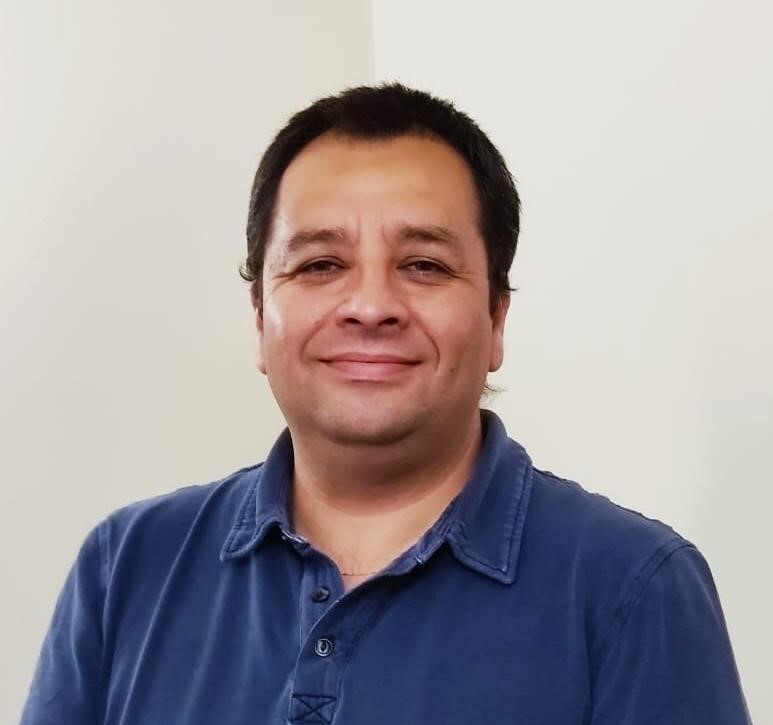Although the flames that ravaged southern Chile this summer have begun to subside, the consequences of these disasters will be far more lasting: deaths, loss of homes, and significant economic damage to the country. Yet, once the fire is extinguished, it all seems to fade into oblivion, like a recurring nightmare that returns every summer. This raises the pressing question: Is Chile doing enough to prevent and combat wildfires?
First, there is some consensus regarding the cause of the fires: they are human-made. For a long time, we believed they resulted from negligence—people carelessly or recklessly causing accidents that escalated into fires. However, mounting evidence suggests intentional acts behind many of these blazes. Considering this, the legal pursuit of these crimes has fallen short. Although arson carries severe penalties, very few convictions occur because judges demand an impossibly high standard of proof, given the circumstances and remote locations (often rural areas with little human activity) where these crimes begin.
The political response has also been inadequate. While aid for victims and reconstruction is a crucial aspect of the crisis, so is ensuring public safety. A fruitless debate over the statistics of intentional fires has diverted attention from what truly matters: proposals to strengthen the work of police and prosecutors in pursuing these crimes, along with serious intelligence efforts to uncover the real motives behind the disasters. The latter is particularly important, as it is unacceptable for political authorities to echo conspiracy theories about alleged motives of forestry companies to cause fires. This insults people's intelligence and shifts blame onto one of the primary victims of this tragedy—the forestry industry.
Ultimately, we know it is impossible to eliminate the risk of wildfires entirely during the summer season. However, this cannot justify authorities remaining passive in the face of the issue. A plan must be developed now, in collaboration with relevant civil stakeholders, that includes prevention, recovery, and crime prosecution measures. If we repeat the pattern of previous years—where fires are forgotten once the crisis passes—we will only be left waiting for another summer when hell reignites in our country.







Comments (0)
No comments yet. Be the first to comment!
Leave a comment